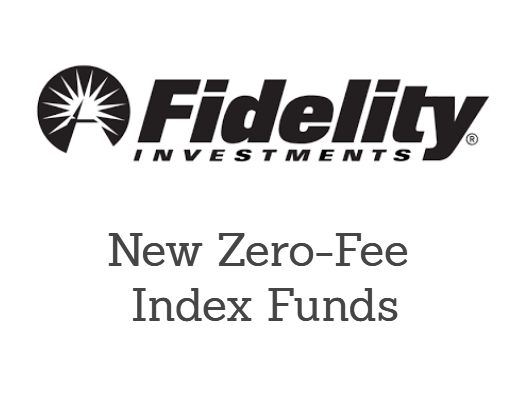There is still no relief in sight for fans of the energy sector. The past two week has been an absolute refutation of any optimistic views on the oil patch.
As we warned was likely last week, OPEC in fact did nothing at all to aid the energy sector. OPEC raised its daily production quota to account for the inclusion of Indonesia, as we had predicted. Oil optimists had been hoping for a cut in the production quota, but precisely the opposite occurred.
Oil got crushed following the OPEC disappointment. Oil had been holding the $40/barrel mark heading into the decision, but afterwards, the bottom dropped out. On Monday, oil fell to $38, and it’s been steadily inching lower since then, falling as low as $36.50 on Thursday.
Natural gas has faced a similarly dour week, as it has fallen almost every day. On Thursday evening, it took out the crucial $2 level, taking it back into the 1s, an area last regularly seen in the 1990s.
Unlike oil, which was let down by OPEC, natural gas has been on the slide due to the weather. An unusually powerful El Niño weather pattern has given the country’s crucial northeastern portion an exceedingly warm winter thusfar. Major ski resorts in Vermont and Maine have not gotten even an inch of snow yet this winter.
This exceedingly warm weather is causing natural gas demand to plummet from normal levels. The country’s natural gas storage filled to the brim in November, and so far, only small amounts have been taken out of storage into December.
By this point in the winter, normally, inventories are rapidly drawn down as cold weather causes a spike in usage for home heating. This winter, it simply isn’t happening. It bodes very poorly for the upcoming year. If inventories aren’t spent now in the height of winter, the market will enter 2016 with a huge surplus, almost guaranteeing that there will be excess inventory for the next year.
The damage in oil and gas is now spreading to the broader equity and credit markets. Stocks have gotten hit all week, and as of Friday morning, it is looking like things are not getting any better heading into the weekend.
The bigger problem generating the unease are the credit markets. It is starting to get really ugly out there. Various large companies, such as Chesapeake and Kinder Morgan are finding themselves running into serious questions of credibility with the broader market. It isn’t just tiny little domestic exploration and production companies that are feeling the squeeze anymore.
On Thursday, Moody’s chopped Petrobras’ credit rating, which was already in junk status, even lower. Moody’s also threatened to slash Brazil’s credit rating, in light of the problems Petrobras is having, and also due to the impeachment campaign against Brazil’s sitting president.
The broader financial world is looking at companies like Petrobras, with nearly $100 billion in US dollar denominated debt, and wondering, what happens if it can’t pay? Similarly, the quality of Kinder Morgan’s $45 billion debtload was doubted this week, forcing that company to greatly reduce its dividend.
The high yield junk bond ETF, ticker HYG, is down 2% Friday morning, reaching its lowest level since the 2011 European panic.
This is a terrible time to be having a credit crunch, with the holidays upon us, much of the financial industry is on vacation, leaving thin markets prone to wild gyrations. There are simply not enough buyers for the flood of sellers that want out.
As tempting as it may be to buy some oil and gas companies, or their bonds, we urge you to wait until January. We are in the thick of a massive shakeout in the sector.
Everything that could be going wrong is going wrong. OPEC refused to take oil supportive action. 60 degree weather in the northeast wipes out a huge chunk of heating demand for natural gas.
And large energy related companies are now starting to show the weakness of their balance sheets.
Don’t try to be a hero and buy the energy stocks here. This is a Texas-sized panic that is spreading beyond the oil patch, and now taking down the whole stock market and threatening the financial system. Until some catalyst comes to support oil and gas prices, these stocks and bonds are vulnerable to more panic selling.


